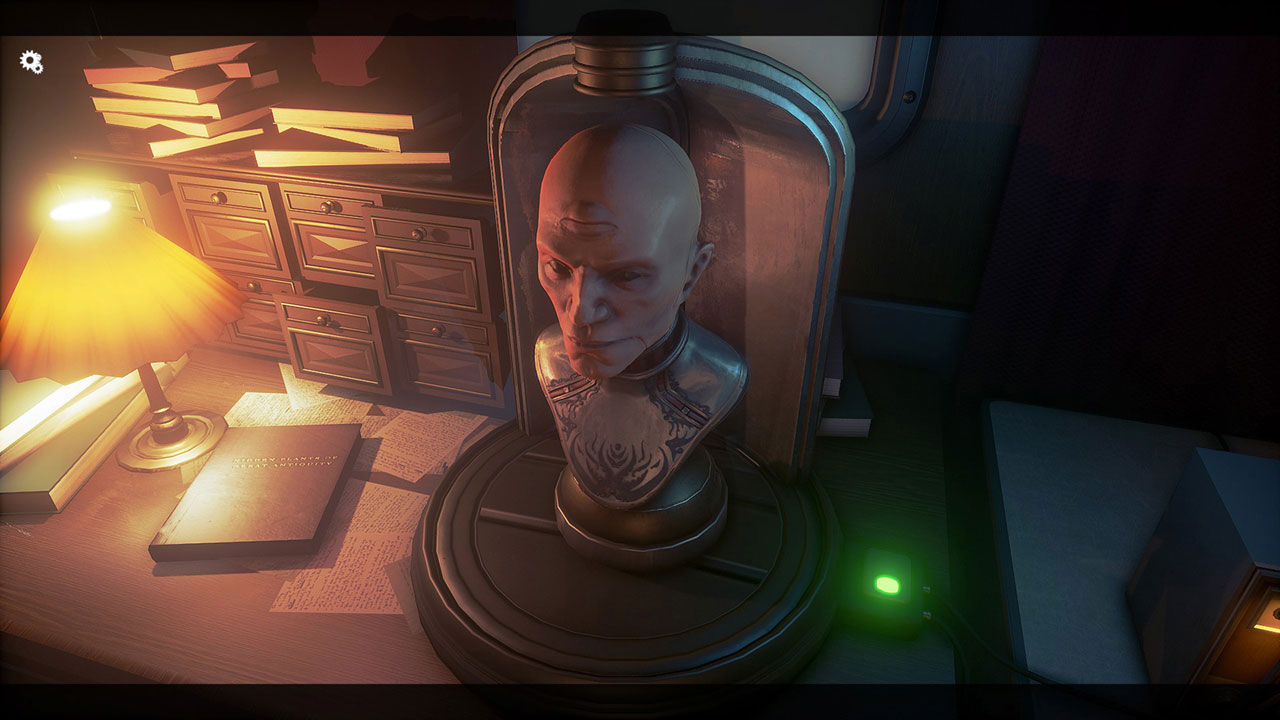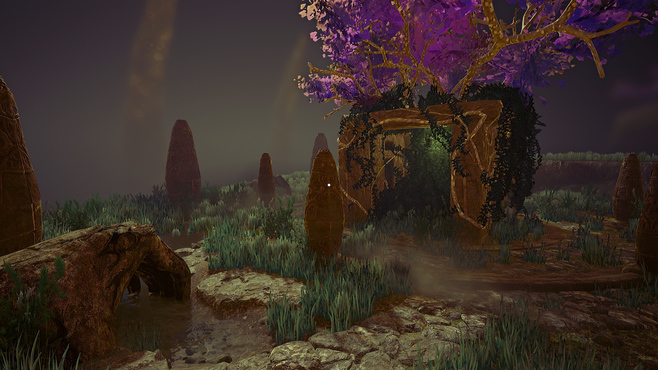


First is the rise of independent game developers and some of their successful launches on various Lovecraftian themes, which are popular among indie gamers and YouTubers alike. Onur Samli: I believe there are two main causes. Lovecraft’s work, particularly his themes of cosmic horror, have become increasingly visible in mainstream culture, especially in games. Along they way, you’ll explore everything from a Victorian mansion housing a grotesque and exotic collection of relics to the catacombs of a pre-human city with its non-human residents still sleeping in their rock coffins.ģD artist Onur Samli took time out from development to chat with us about Conarium and the enduring appeal of Lovecraftian horror. The game takes place on an Antarctic expedition, with the player taking the role of amnesiac Miskatonic University lecturer Frank Gilman to find out what the group’s actual purpose is. Thus was Conariumconceived.Ĭonarium is a story heavy Lovecraftian horror/adventure/exploration game played in first person perspective. Working together again revived their passion for making horror games. After a five year hiatus, they team returned to the Darkness Within game with an eye towards updating them for Steam. Using a proprietary game engine, they produced a pair of Lovecraftian horrors called Darkness Within: In Pursuit of Loath Nolder and Darkness Within 2: The Dark Lineage. The team of three – Galip Karto?lu, Oral Samli and Onur Samli – came together 14 years ago to develop adventure games. Now, a team from Istanbul, Turkey, seeks to reveal the mysteries of the Conarium. Today, we’ve entered a cosmic horror renaissance, with as many Lovecraftian titles as there are types of games: Amnesia, The Last Door, Bloodborne, Mass Effect, The Secret World, Darkest Dungeon, Dead Space and countless others.
#CONARIUM CREATURESD SERIES#
From the Call of Cthulhu tabletop RPG to the Arkham Horror board game series to Infocom’s Lurking Fear and the original Alone in the Dark, Lovecraft has been a constant companion in the history of games.

Outside of fiction, though, nowhere is his hold so strong as in games. Even if there are no tentacles to be seen, his themes of cosmic dread, of a vast and uncaring universe, have riddled the pop cultural landscape.


 0 kommentar(er)
0 kommentar(er)
